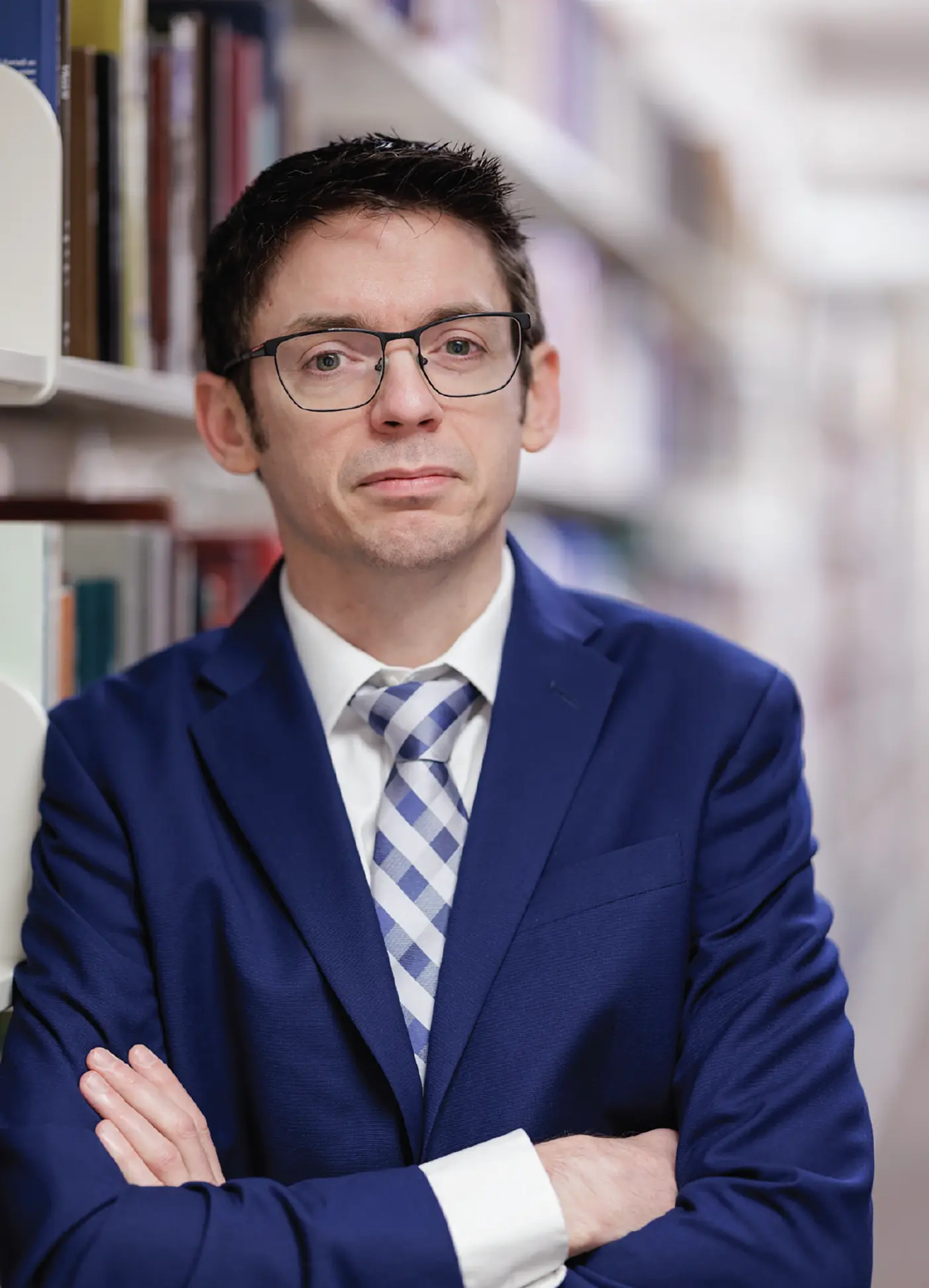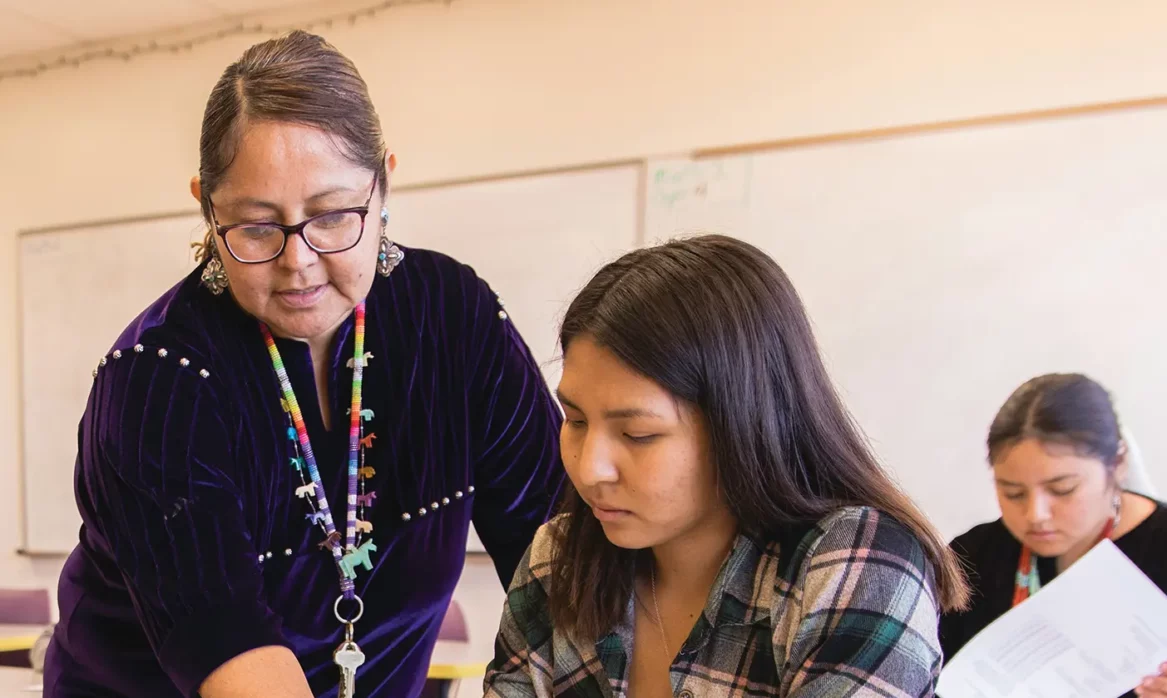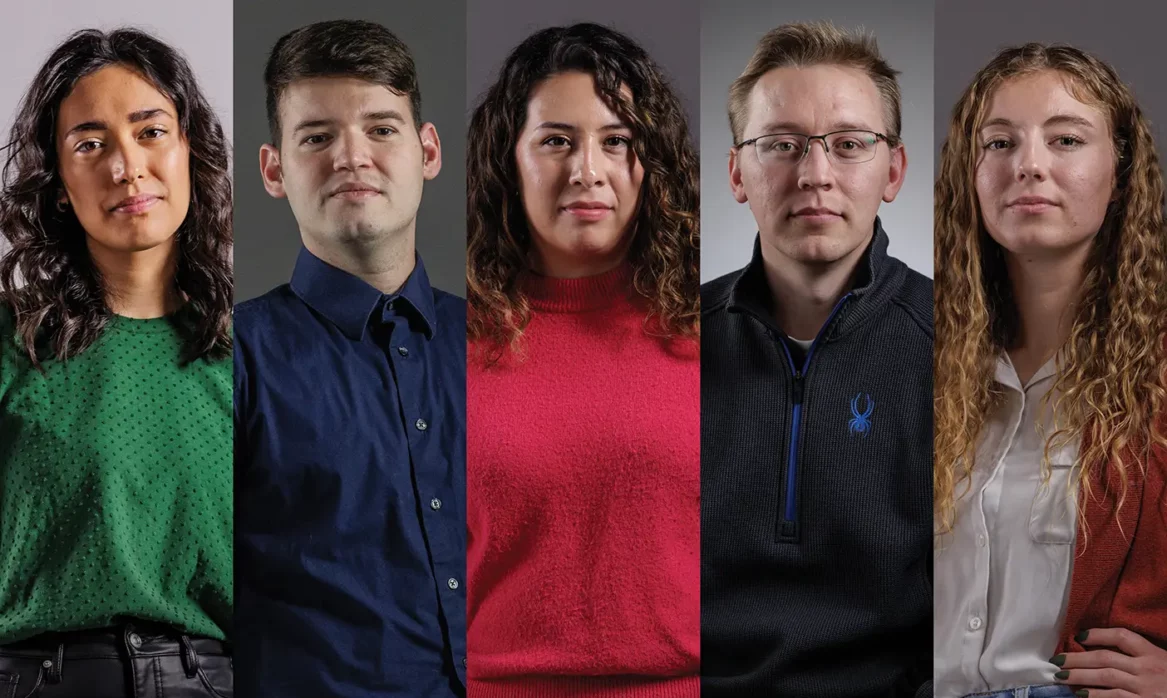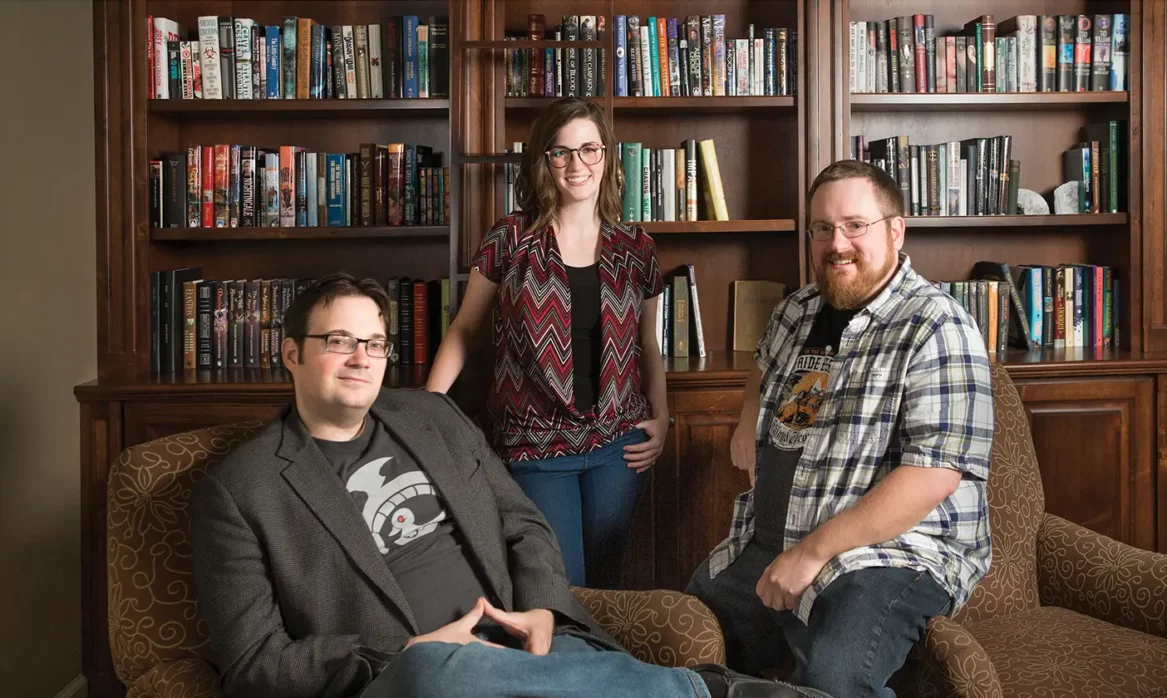
Modern-day education doesn’t come cheap. As a first-generation college student, BYU education professor Royce M. Kimmons (BA ’05) can attest to the financial and emotional struggles of getting a college degree. Barriers like college application fees were a significant financial hurdle for him and his family. “There was always this voice saying, ‘You can’t do that. That’s not for you. That’s only for the rich people, the smart people,’” says Kimmons.
Ultimately, with some encouragement from his mother, Kimmons overcame this negative self-talk and was accepted to BYU, although his monetary issues wouldn’t end with the acceptance letter. Kimmons was often forced to choose between paying for textbooks or buying food. “Even here as a student at BYU, as an undergrad, I passed out in the Wilk from hunger,” says Kimmons.
Now, as a BYU professor and researcher, Kimmons is working to help make higher education a little more affordable. “There are inequitable opportunities for learning,” says Kimmons—which is why in October 2018, he launched edtechbooks.org, a website where professors at any university can write and publish textbooks and students can access them for free.
The resource has been a boon for students around the world, including at BYU–Idaho, where many professors are taking advantage of the site to publish course-specific textbooks free of charge. Jonathan Trujillo, academic technology manager at BYU–Idaho, lauds edtechbooks.org as a way to get free textbooks directly into the hands of students. Trujillo wants to increase access to quality education. “Many times,” he says, “that access is impeded due to high textbook costs.”
Kimmons estimates that the site has saved students more than $12.3 million.
The online format means authors can keep their work current. “We have many more people collaborating on the resources, so it’s a greater diversity of voices,” says Kimmons. “The online textbooks are higher quality because we can update them instantly—constantly.”
Many website users come from BYU–Pathway courses that lead students to degrees at BYU–I. According to Kimmons, most of the 2 million unique users per year on edtechbooks.org come from outside the United States.
“If we can deliver education more equitably worldwide, . . . that’s only going to accelerate the growth of Heavenly Father’s children,” Trujillo says. “I think if there’s one thing that will . . . save humanity, it’s education.”












